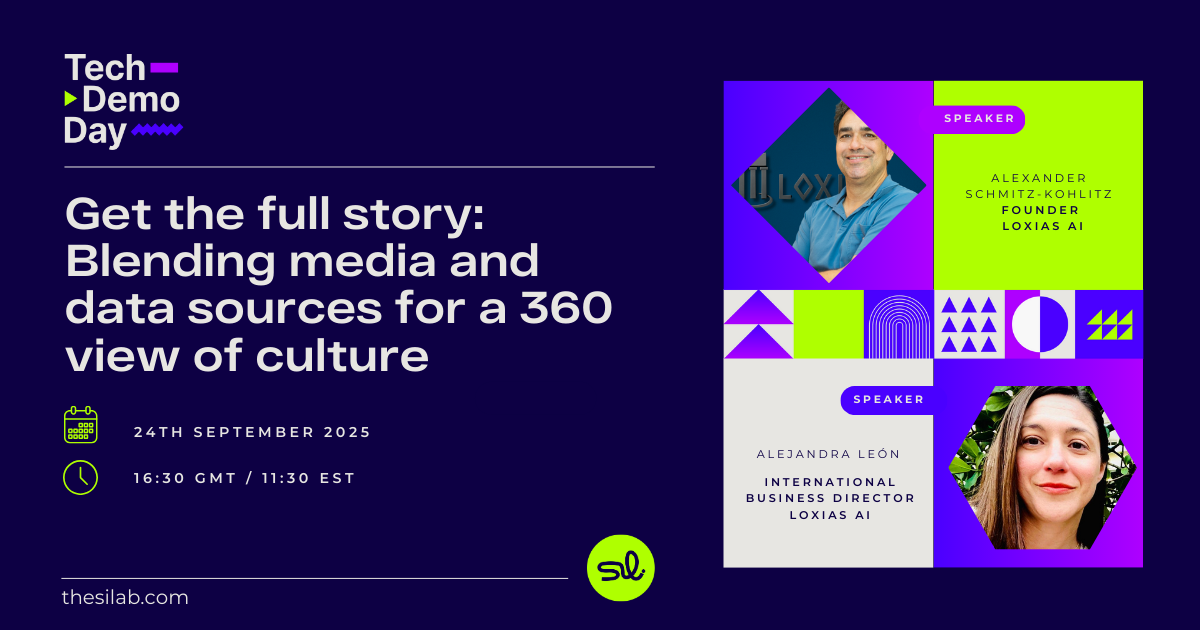
What are the benefits of using Quora as a data source?
We live in an age where there’s an abundance of knowledge available online. At the same time, this knowledge can be highly fragmented and varying in quality, with information living on different channels that often have a niche audience. That means consumers usually have to make a choice between platforms that are high in quality but low in quantity vs. channels that are high in quantity but lack quality.
Enter Quora – the question and answer platform that aims to make high-quality knowledge more accessible and deliver less fragmented information. As a result, the platform has also grown into a rich source of insight for businesses that want to conduct research.
How is Quora different from other social networks?
Besides the unique question and answer format, Quora differentiates itself from other social networks in a number of ways:
Topic diversity
For starters, Quora doesn’t just focus on a single niche. The platform makes knowledge accessible across a wide variety of disciplines ranging from technology and health to business and finance to travel and language.
And for each of these disciplines, discussions range from broad and generic ones to highly specific and niche subtopics. For example, it’s not just technology as a concept that is being discussed but technology startups, hardware peripherals, electronic product recommendations, and tech career advice.
A massive and diverse audience
For that same reason, Quora also has a highly diverse audience with 300 million unique monthly visitors from around the world. And all of those users come to the platform for varying reasons to learn or share information on wildly different topics. So there’s no single image of a “regular Quoran.”
[caption id="attachment_8527" align="alignnone" width="640"]

Quora has 300 million unique monthly visitors from around the world.[/caption]
Language diversity
While the most active geographical regions are largely English-speaking, Quora isn’t limited to just English content. It’s available in 24 languages. This makes it a crucial data source for global social listening projects.
Beyond these factors, people stay on Quora for a bunch of different reasons:
- It’s a place to tell and listen to stories. The platform sees a lot of answers that involve first-hand experiences, with people answering questions that only they can answer.
- It’s a great place to find a community, especially during difficult times. People can share their stories with people who are actively looking for an answer, or get advice from others who have lived experiences.
- Others also stay on the platform to be productive, seeking advice and tips that will help them move forward in life or in their career.
- It also offers opportunities to be surprised, because there are people with different credentials, experiences, and thought processes. So you can always get some interesting perspectives on things.
Why businesses should use Quora as a data source
With several factors making Quora stand out from other social media platforms, it can also serve as a rich and unique data source for businesses due to several reasons:
Unduplicated data source
The audience on Quora is unique and unduplicated, which means there’s minimal audience overlap with other social media platforms. Internal data suggests that 62% of Quorans are not on TikTok, while 58% are not on Twitter and 52% are not on Reddit.
Pre-tagged content to add structure
A lot of businesses struggle with analysing unstructured data because they have trouble identifying the insights that are relevant to them. With Quora, however, most of the answers are already tagged under relevant categories to help you identify the information you need faster and more easily.
An abundance of metadata
On Quora, you have people building their profiles to show themselves as experts in the space. So they’re readily sharing information about where they went to school, what kind of work they do, what publications they’ve written for, and so on. This makes it a lot easier for businesses to access metadata about relevant users in their industry so they can understand the audience better.
- 62% of Quorans are not on TikTok, while 58% are not on Twitter and 52% are not on Reddit.
So, how do you get your hands on all this data? Businesses can now gain access to Quora data under the Quora Data Program, set up in partnership with SocialGist. This provides you with real-time access to new questions, answers, and comments along with impression analytics. This is constantly updated and relevant to your industry.
You can find out more about the program from our LinkedIn Live discussion with Quora’s Business Marketing Manager Andrea Wong and Socialgist’s Head of Solutions Architecture Kaylin Linke.
This interview was recorded via LinkedIn Live, if you prefer to view on LinkedIn, click the button below.
View InterviewSee related content
.png)








.jpeg)


